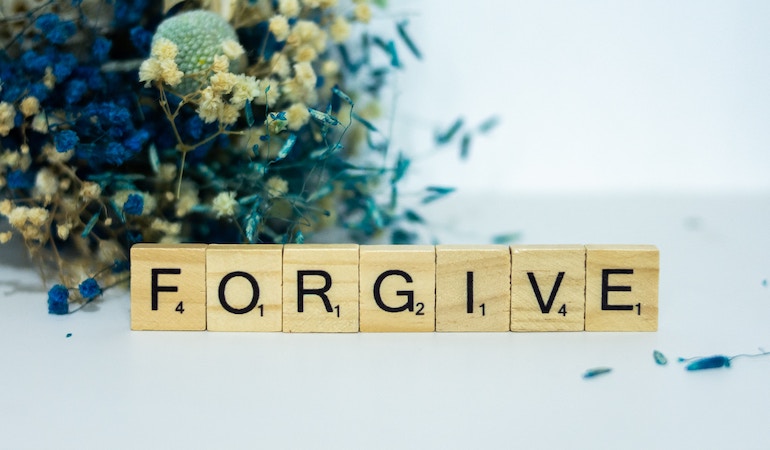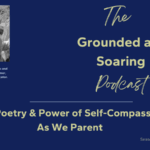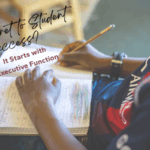I have been thinking about forgiveness, but first, this beauty from U.S. Poet Laurette (and Sonoma native), Ada Limón:
The Raincoat When the doctor suggested surgery and a brace for all my youngest years, my parents scrambled to take me to massage therapy, deep tissue work, osteopathy, and soon my crooked spine unspooled a bit, I could breathe again, and move more in a body unclouded by pain. My mom would tell me to sing songs to her the whole forty-five minute drive to Middle Two Rock Road and forty- five minutes back from physical therapy. She’d say, even my voice sounded unfettered by my spine afterward. So I sang and sang, because I thought she liked it. I never asked her what she gave up to drive me, or how her day was before this chore. Today, at her age, I was driving myself home from yet another spine appointment, singing along to some maudlin but solid song on the radio, and I saw a mom take her raincoat off and give it to her young daughter when a storm took over the afternoon. My god, I thought, my whole life I’ve been under her raincoat thinking it was somehow a marvel that I never got wet. -Ada Limón-
In the poem, the speaker stumbles into a moment of profound gratitude for all her mom gave and gives her life. For most of us, the opposite also occurs: hurt and resentment bubbling up about the ways our parents didn’t get it right, or missed opportunities to care, as they raised us.
An insightful quote whose origins are unknown is “Holding onto anger is like drinking poison and expecting the other person to die.” Rather than taking that approach toward our own upbringing, how do we honor and learn from past pain without being trapped in blame or powerlessness? And why should we?
Not surprisingly really, but recent research conducted across five countries reveals that people who learn and practice forgiveness achieve better mental health and overall well-being.
So first and foremost, forgiveness is an unburdening act of self-compassion; it makes us feel and live better.
A secondary benefit too is that when we model for our children generosity of spirit–a greater flexibility, tolerance, and understanding of the foibles and faults of others–we help our kids grow into adults who will carry less inner strife and resentment and conflict aimed at others, too.
Forgiveness does not mean passive acceptance of bad behaviors. We need strong boundaries and can even refuse to engage with someone ever again while simultaneously forgiving them within our own hearts.
Forgiveness is an intentional choice to take steps to unburden our hearts from the hurts we cling to; we do it in order to spend our time alive on this planet with greater ease, openness, and joy.
Parental forgiveness is sometimes the trickiest, as the impact of how we were raised by our parents will continue to shape us and our attitudes and responses for our entire lives. It is though, a gift for all. To get there, I’ve found this practice, “Just like me,” helpful:
Consider the stressors and frustrations that regularly dysregulate us: financial fears, career setbacks, worries about our child’s education, disappointment by how messy the house gets, health issues, marriage letdowns, existential anxieties about the future and world our children will inherit, workplace conflicts, sadness about friends or family who’ve not shown up as expected.
Most of us have wrestled with all of these at some point and struggled so deeply at times that we were thrown off balance and became less loving, overly self-absorbed, and even cranky and mean.
Thinking back to those who parented us, they must have faced many or all of these same stressors as they tried to parent us to their ideals. Just like me.
With the honesty and humility to acknowledge that our children will gain from our parenting lots of strengths and benefits, along with some hurts and unhelpful attitudes and behavior patterns, can we honor this as what it means to be alive and to parent: To strive toward ideals. To sometimes, even often, get it right and reach those ideals. To sometimes, though, too, miss the mark and cause hurt.
When we can see our parents and how we were raised more expansively and in the spirit of forgiveness, we gain.
To read more about the recent research on forgiveness, go here. To download the free workbook that came from this research (and which has also been shown to be highly beneficial for those who use it), go here.
Forgiveness doesn’t take from us; it replenishes.

As Head of School, Sam is responsible for ensuring that Marin Montessori flourishes and that the School’s mission is brought to life each and every day.





